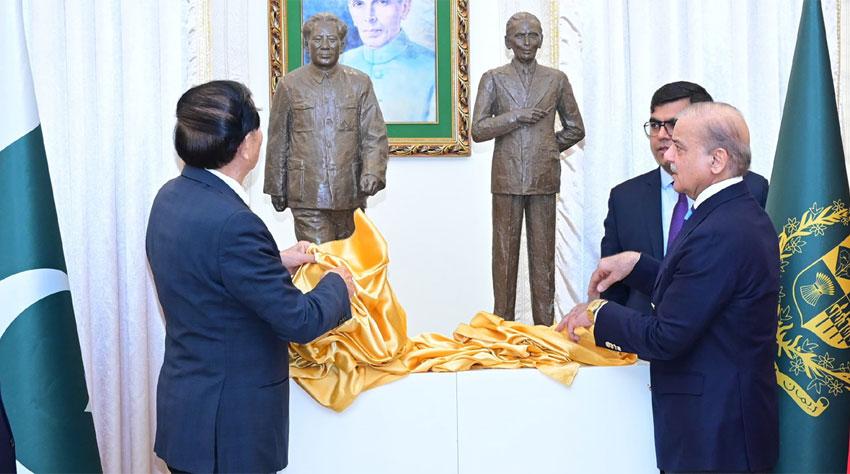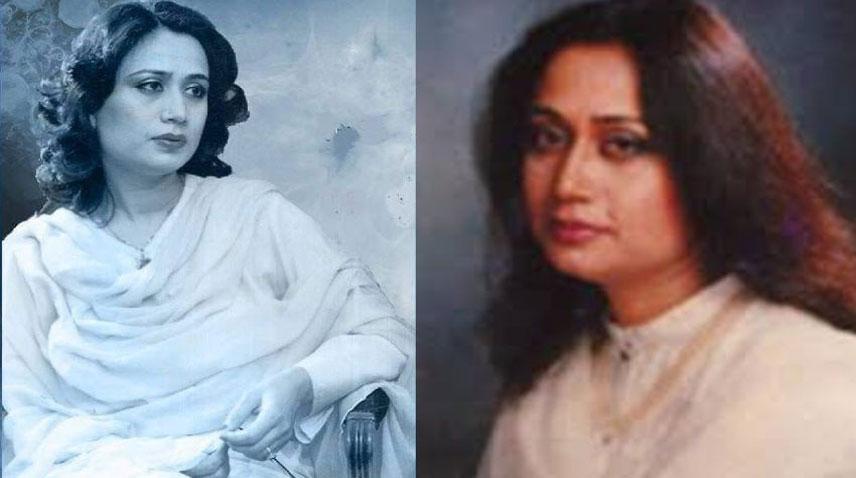Where J.D. Vance’s weirdest idea actually came from
Since his selection as former President Donald Trump’s running mate, Sen. J.D. Vance has developed a reputation for being a bit strange. News articles and social media alike are riddled with strange Vance comments: his belief that “childless cat ladies” are …

Published 5 months ago on Jul 31st 2024, 4:00 pm
By Web Desk

Since his selection as former President Donald Trump’s running mate, Sen. J.D. Vance has developed a reputation for being a bit strange. News articles and social media alike are riddled with strange Vance comments: his belief that “childless cat ladies” are running America into the ground, his hostility to no-fault divorce, and his choice to describe a neo-monarchist blogger as a notable intellectual influence. Even Democratic politicians are getting in on the act, with Illinois Gov. J.B. Pritzker telling CNN that he “has a weird view of America, honestly.” One instance of Vance’s alleged weirdness that’s gone viral — his proposal that parents of under-18 children should get extra votes — is especially clarifying. It helps explain where Vance’s ideas really come from and why they’ve become such a problem for the Trump-Vance ticket. Specifically, it clarifies that Vance’s intellectual debt to peculiar segments of the conservative elite has led him to embrace a brand of politics that’s alien to the vast American middle. The “extra votes for parents” proposal came in a 2021 speech sponsored by the Intercollegiate Studies Institute, a conservative organization that encourages college students to engage with right-wing ideas. About halfway through the speech, Vance says that he wants to “take aim at the left, specifically the childless left.” He knows these comments will be controversial: He says “I’m going to get in trouble for this,” and then asks the hosts if he’s being recorded. But he continues on by listing off leading Democratic politicians who didn’t have children at the time — Kamala Harris, Pete Buttigieg, Sen. Cory Booker, Rep. Alexandria Ocasio-Cortez — and then asks, “Why have we let the Democrat Party become controlled by people who don’t have children?” Of course, this is misleading: Harris is a stepmother and Buttigieg has become a father since Vance’s remarks. But the specific examples are less important than Vance’s general point, which is a moral one. In his view, being a parent is the primary source of happiness and meaning in a person’s life, and people who don’t have kids can’t be trusted to make decisions in the interest of society writ large. Societies are good, per Vance, when they have babies; if they don’t have enough, they rot. So what to do about it? Vance suggests borrowing ideas from Viktor Orbán, Hungary’s authoritarian prime minister who has made increasing Hungary’s birthrate a centerpiece of his policy agenda. But Vance also worries that a Hungarian model might not be possible because families suffer from a “structural democratic disadvantage”: children can’t vote. Hence, he concludes, we should let parents cast votes on their behalf. “Let’s give votes to all the children in this country and let’s give control over votes to the parents in this country,” he says. It’s an old idea called “Demeny voting,” named after 20th-century Hungarian demographer Paul Demeny (a vocal champion of the idea). Typically, the argument for Demeny voting is rooted in fairness. Children are people who, like anyone else, deserve political representation. Since they lack the maturity to make informed choices about their interests, parents should vote on their behalf — much in the same way they make decisions about children’s medical care or education. To get a sense of how this argument works, I’d recommend a recent paper by two law professors at Harvard and Northwestern making the case at length. But for Vance, the policy isn’t just about ensuring fairness for families: it’s about punishing childless adults. Vance sees Demeny voting as a tool for creating two-tiered citizenship, one where parents have more and better political representation than other adults. “When you go to the polls in this country, you should have more power — more of an ability to speak your voice in our democratic republic — than people who don’t have kids,” he says. “If you don’t have much of an investment in the future of this country, then maybe you shouldn’t get nearly the same voice.” This is not the language of a liberal looking to expand the sphere of people whose interests are represented in the system to children. Vance’s defense of Demeny voting reveals a belief that people who aren’t like him, who don’t share his values about childrearing, are social unequals: non-participants in the political project of ensuring America survives across generations, and hence deserved targets of political discrimination. In short, Vance wants to turn the law into a vehicle for legislating hard-right morality. This isn’t being unfair to Vance: he explicitly identifies as a “postliberal,” a school of thought that believes it’s the government’s job to push people toward living morally upright lives, defined in conservative religious terms. In particular, he has cited Patrick Deneen — a Notre Dame professor and chief postliberal theorist — as a major influence. Speaking at a release event for Deneen’s book Regime Change, Vance described himself as an “anti-regime” politician — meaning that he aimed to act on Deneen’s call for fundamentally transforming American politics along postliberal lines. The problem is that vanishingly few Americans are postliberals, while many Americans are actively turned off by its right-wing moral paternalism. They’re seeing the ideology at work and it strikes them as, well, weird. Vance, however, seems to sincerely believe in their ideas, or at very least believe it’s advantageous in intra-GOP competition to be seen as the postliberal champion. Indeed, it may very well have helped him become a vice presidential candidate: Tucker Carlson, postliberalism’s most prominent voice in the media, played a central role in pushing Trump to pick Vance. But whether out of sincere conviction or political opportunism, Vance has trapped himself into speaking the language of postliberals. He shares their preoccupations and fears, their philosophy and their ideology. His world is that of a handful of intellectuals whose values and way of thinking are wholly at odds with Middle America’s. The great conservative populist hope turns out to talk like a creature of a very nice intellectual elite — and voters don’t like it.
Pacers wreak havoc as South Africa book Pakistan on 211
- 16 hours ago

Military courts sentence 60 including Imran Khan’s nephew in May 9 riot case
- 13 hours ago

PM Shehbaz unveil statues of Quaid-e-Azam, Mao Zedong in Islamabad
- 10 hours ago

30th death anniversary of poetess Parveen Shakir observed
- 10 hours ago
13 khwarij killed in different IOBs in KP: ISPR
- 10 hours ago
CJCSC, Kuwait’s crown prince discuss defence cooperation
- 10 hours ago
You May Like
Trending












